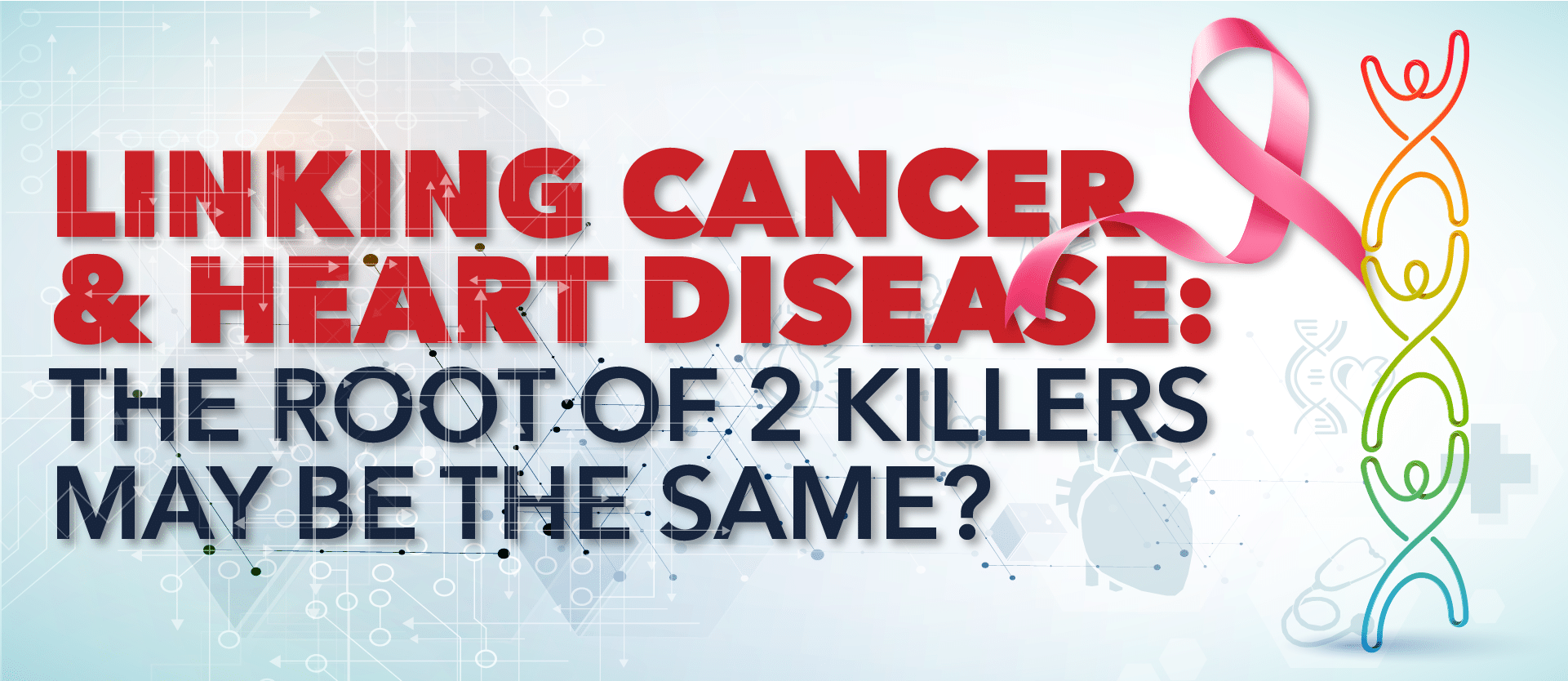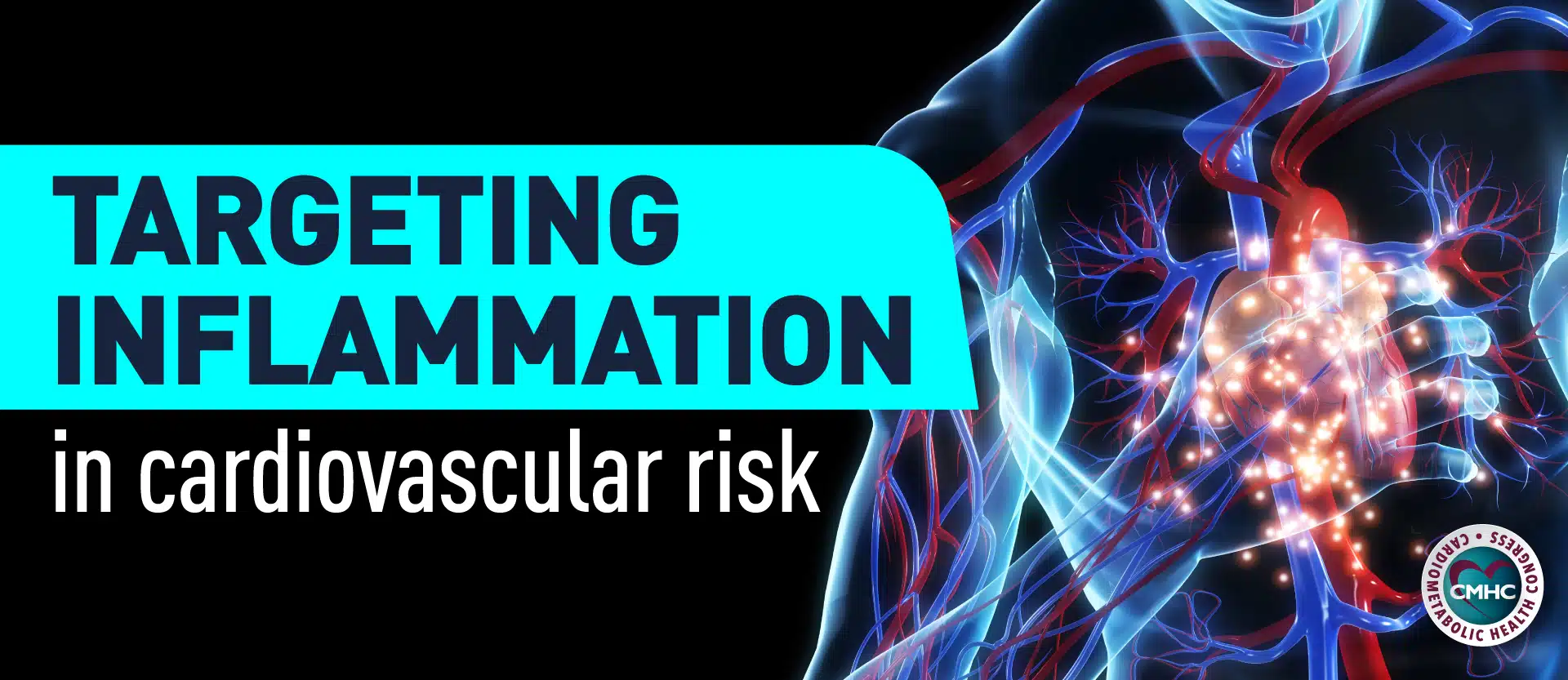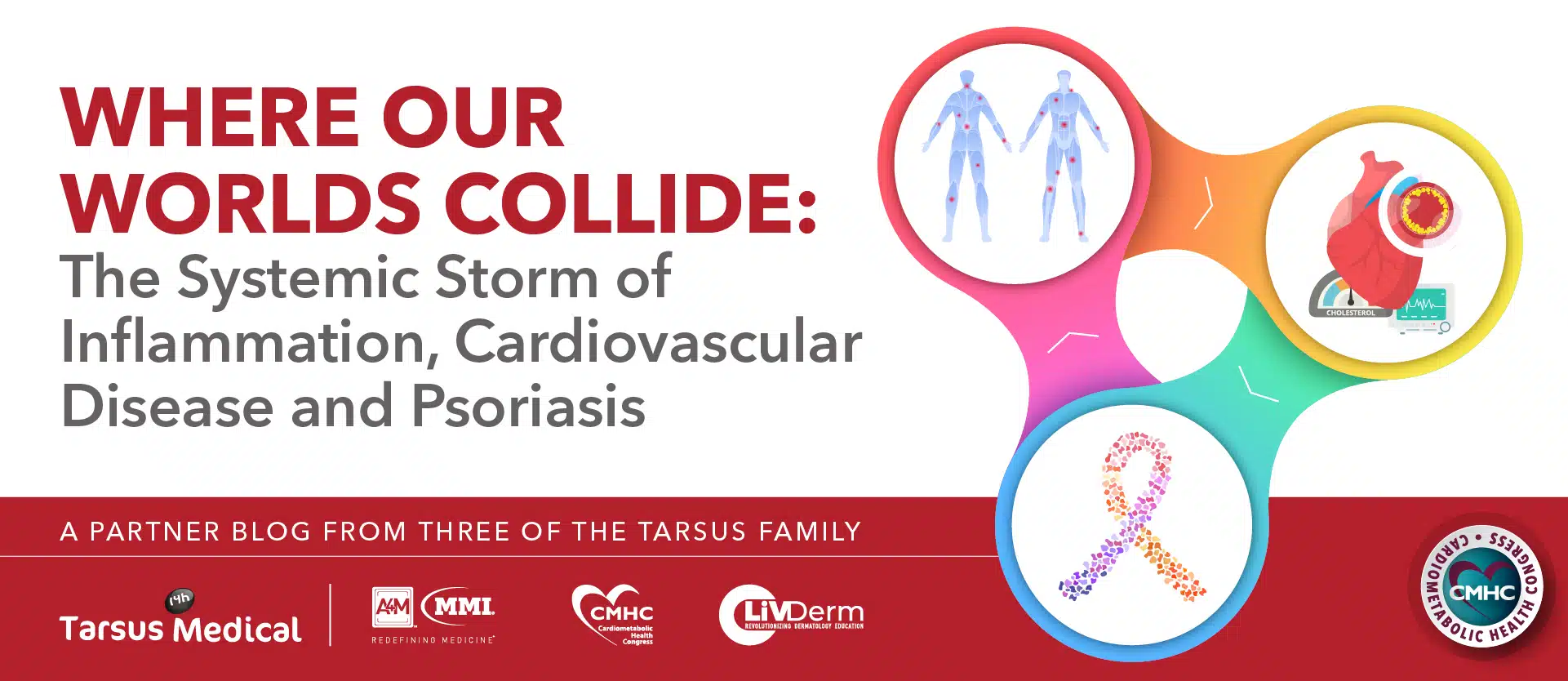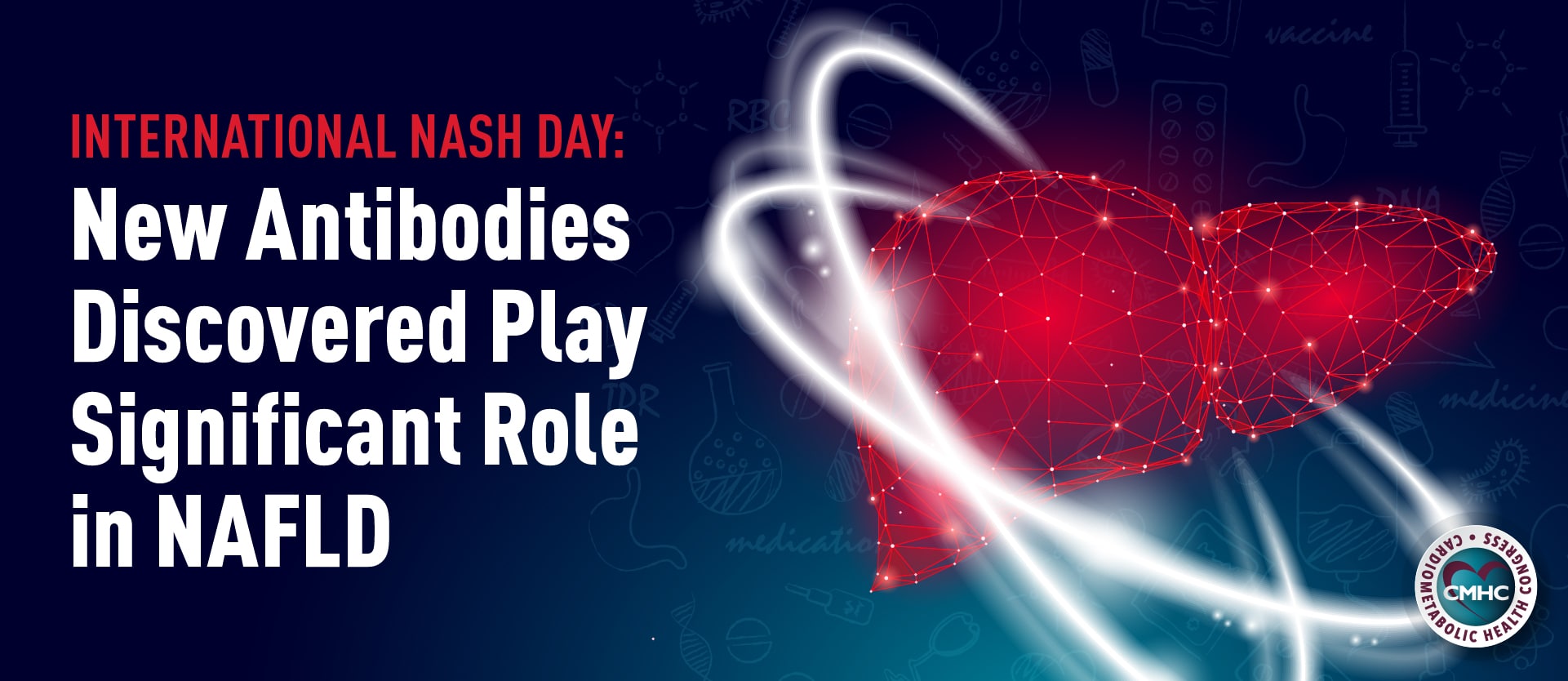Inflammation, often referenced as the root cause of many chronic diseases, disorders, and dysfunctions, has recently linked cancer and cardiovascular disease.
In an article in The New York Times Magazine, readers were introduced to a patient who suffered from two deadly forms of cancer: lung and melanoma. When asked what nearly caused his death, the patient stated that it was a near-fatal heart attack.
The author of the article, Dr. Siddhartha Mukherjee—a Pulitzer Prize-winning cancer physician and scientist at Columbia University—wrote that the two top killers in our country, heart disease and cancer may now be intimately linked.
Historically, cardiologists and oncologists have operated in different medical jurisdictions: attending different medical conferences, reading dissimilar medical journals, and rarely speaking the same medical language.
The author references one of our faculty members, cardiologist Dr. Peter Libby, explaining that Dr. Libby and Dr. Paul Ridker brought to light an important variable in the early 2000’s that was never discussed in relation to heart disease and plaque formation: inflammation.
For several years subsequent to their initial discovery, Drs. Libby and Ridker focused on a specific molecule involved in inflammation. A new drug that inhibited this one molecule was used to treat very rare inflammatory diseases; in 2011, Dr. Ridker’s team enrolled thousands of patients with signs of inflammation, and high risk factors for coronary disease, into a study to determine the effects of the drug on heart disease.
The results of the study were published only 2 months ago, indicating that with higher doses of the drug, there was a noticeable reduction in heart attacks, stroke, and cardiovascular death. Yet it was a separate investigation surrounding another inquiry that caught the author’s attention: would this drug also reduce cancer risks?
The Lancet published a paper in which Dr. Ridker and his team found that there was a decrease in all cancer deaths in drug-treated patients: specifically, a decrease in the deaths caused by lung cancer.
The article underlines that a component of inflammation is driving plaque formation in coronary disease, which is simultaneously driving cancer progression. While this study will require further investigation and future studies, the hypothesis it suggests regarding any form of inhibiting the specific molecule (interleukin-1 beta) could ultimately be ranked as one of the most effective prevention methods in cancer’s recent history.
Distinguished faculty member Dr. Peter Libby appeared at CMHC in 2014, and more recently as keynote presenter at our last meeting in October 2016. Read a short post based on Dr. Libby’s lecture here.


















